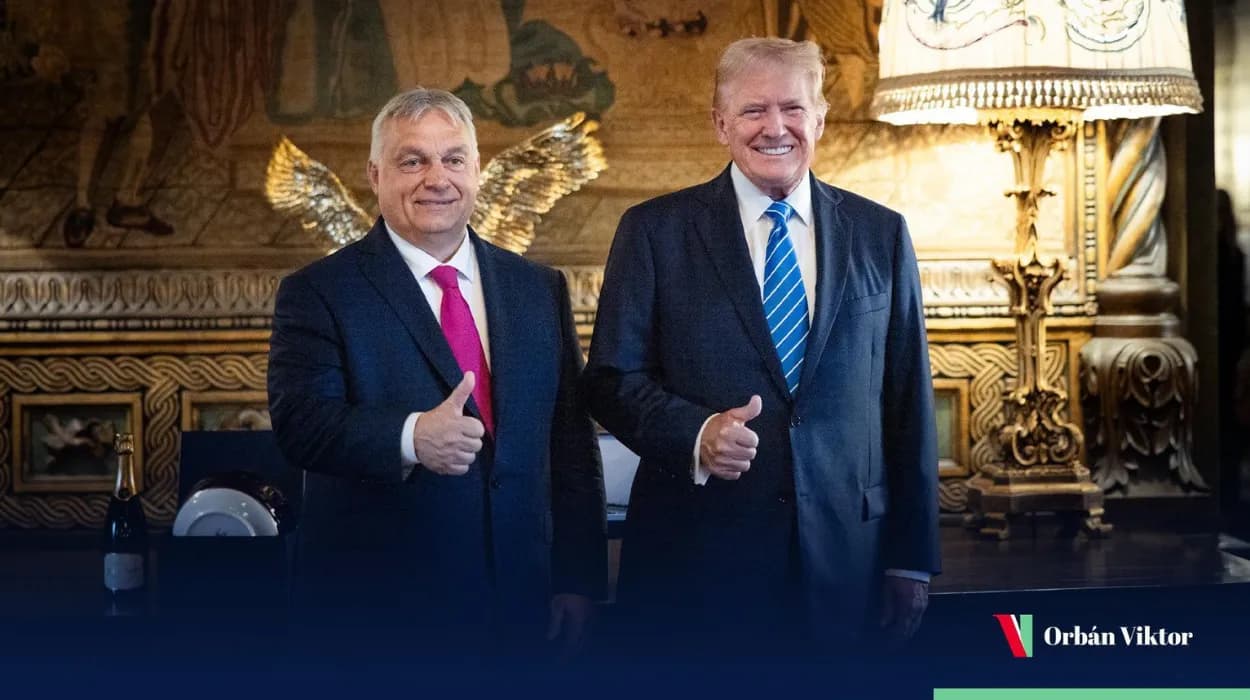Hungarian Prime Minister Viktor Orbán is set to meet
US President Donald Trump in Washington amid strained US-Hungary relations due
to Hungary’s close ties with Russia, economic concerns over sanctions on
Russian oil, and fallout from cancelled diplomatic summits. The talks come
ahead of an election and as Orbán seeks economic agreements but faces criticism
in Europe.
US-Hungary Relations Face Complexity
Hungarian Prime Minister Viktor Orbán is preparing for a
crucial meeting with US President Donald Trump in Washington next week, a
meeting described as potentially awkward due to the current fraying of
US-Hungary relations. As reported by the BBC’s coverage, Orbán hopes to
persuade Trump to ease US pressure on Hungary at least until Hungary’s upcoming
elections.
Orbán, considered both a close Trump ally and Russia’s key
partner within the European Union, faces significant challenges following the
Trump administration’s recent sanction measures against Russia's largest oil
companies, measures that risk harming Hungary's economy given its heavy
reliance on Russian energy supplies. According to CNN, Hungary stands nearly
alone in the EU in its dependence on Russian oil, with Orbán warning that
without Russian energy, Hungary’s economy would be "brought to its knees".
Cancelled Summit and Diplomatic Strains
The month saw high hopes in Budapest when Hungary was
announced as the venue for a second summit between Trump and Russian President
Vladimir Putin aimed at negotiating an end to the war in Ukraine. This
announcement raised Orbán’s profile internationally. However, Reuters and other
media reported the sudden cancellation of the summit by the Trump
administration, which led to further tensions between Hungary and the US.
Orbán celebrated Hungary’s position as “the only place in Europe” where such a high-level US-Russia meeting could be held, characterising Hungary as “almost the only pro-peace country” advocating for peace amid the Ukraine conflict. State media coverage quoted Orbán saying,
“For three years, we have been the only country that has consistently, openly, loudly and actively advocated for peace.”
His stance sharply contrasts with other European
countries assisting Ukraine, a position his critics interpret as favouring
Russia and undermining European unity.
Economic Talks and Future Prospects
Despite diplomatic setbacks, Orbán revealed in an interview
with Mandiner that a date has been set for the Washington meeting with Trump,
focused on a bilateral economic agreement. He disclosed that about 80% of the
terms have been finalised, with the final steps pending coordination with US
officials for a public announcement.
Historically, relations under Trump’s presidency have seen
rapid improvement compared to recent years. As noted by the Hungarian
Conservative, Orbán and Trump’s ideological alignment and conservative
collaboration have strengthened US-Hungarian bilateral ties, including efforts
to restore the double taxation treaty lapsed during the Biden administration.
Hungary’s Controversial Position on Russia
Orbán’s policies extend beyond economic considerations,
encompassing military and political dimensions in the context of the Ukraine
war. Hungary’s government actively opposed Western military and financial aid
to Ukraine. According to Arab News, Orbán has repeatedly threatened to veto EU
sanctions on Moscow and blocked substantial EU funding packages for Kyiv.
Moreover, despite much of Europe reducing reliance on
Russian fossil fuels after the 2022 invasion of Ukraine, Hungary’s imports of
Russian energy have risen. This reality complicates Hungary's diplomatic
positioning, as the European Union's LNG imports ban commencing in 2027 looms
large, further challenging Hungary’s energy needs.
Legal and Diplomatic Challenges to Hosting Putin
The planned hosting of Putin's visit to Budapest carries
legal complexities. Hungary is a signatory to the International Criminal Court,
which issued an arrest warrant for President Putin in 2023 for war crimes.
Hosting Putin could legally obligate Hungary to arrest him if he were to enter
Hungarian territory, a nuanced dilemma reported by AP and covered by
Kurdistan24.
Next week’s meeting between Viktor Orbán and Donald Trump in Washington encapsulates the multifaceted nature of US-Hungary relations under current geopolitical strains. Orbán’s balancing act involves securing economic relief amidst US sanctions pressures, holding onto his support base ahead of national elections, and maintaining Hungary’s controversial stance on Russia and Ukraine.
